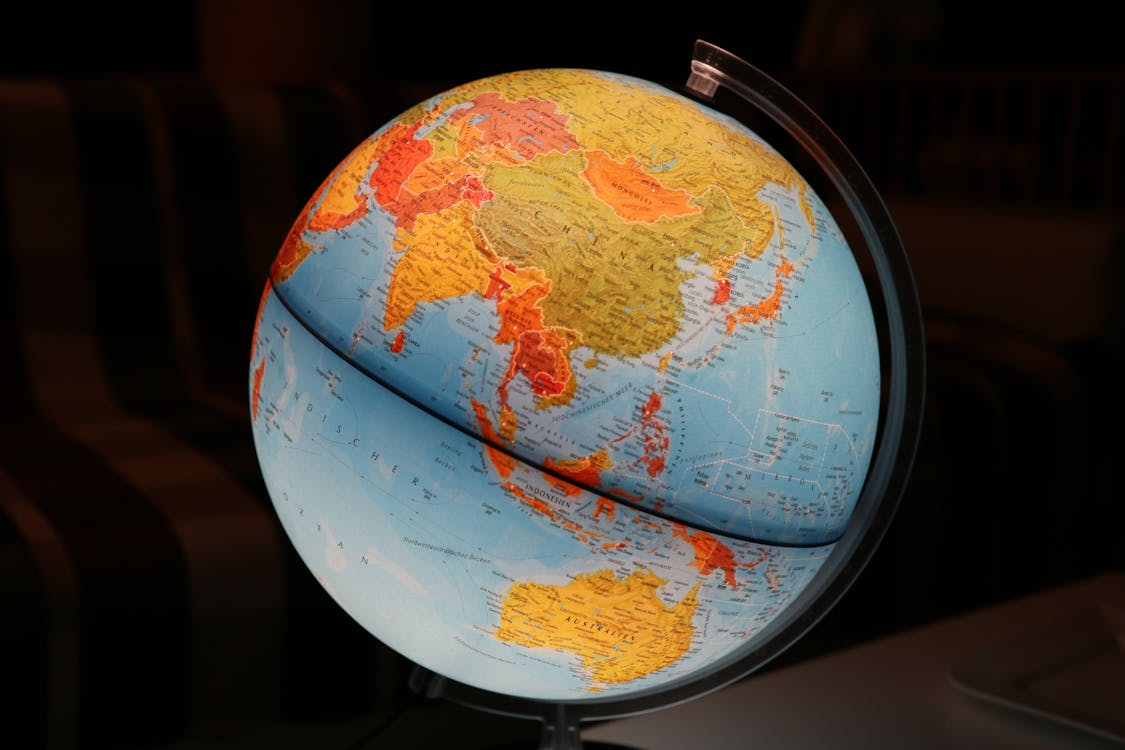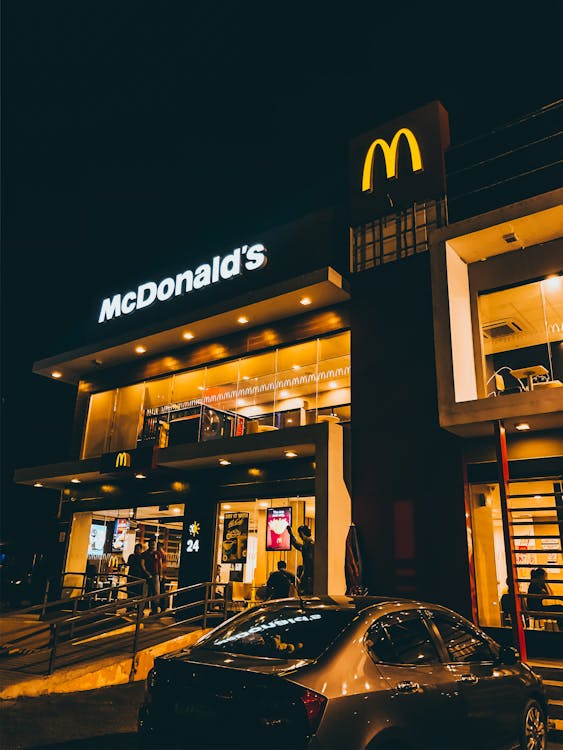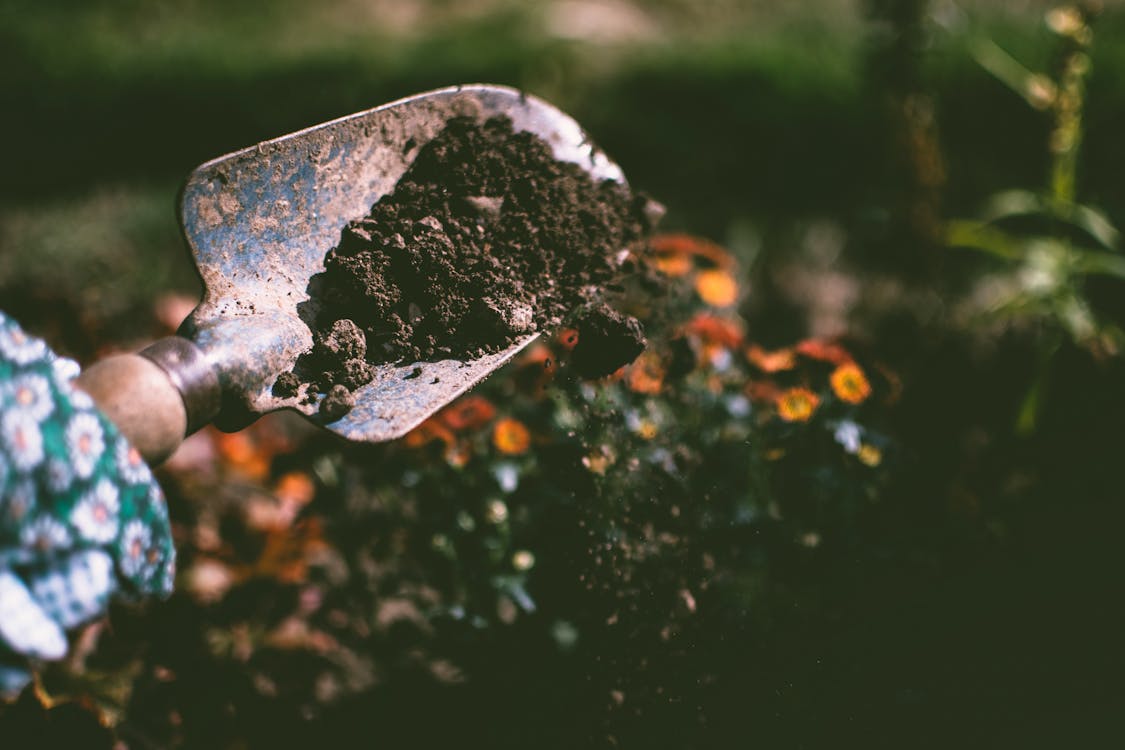My group had the opportunity to work with the Citizens Climate Lobby, the CCL is a grassroot, non-profit and nonpartisan environmental group primarily focused on the passage of the Energy, Innovation, and Carbon Dividend Act. The act aimed at reducing the use of fossil fuels and encouraging industries, companies and people within the United States to reduce their carbon footprint and find alternative methods that are cleaner for the environment and cheaper for both the companies and the American people. With climate change becoming more impactful and disruptive in our lives and the world food system that we live in, it is now, more imperative as ever, to address the problem of climate change before it truly does irreparable damage to our world food system and our livelihoods.

The Energy, Innovation, and Carbon Dividend Act aims to drive down American carbon pollution and fossil fuel usage in order to bring climate change under control.
Climate change has already caused direct damage to the world food system and to how some people can live their lives. This experience is documented by Kirk Semple in his article “Central American Farmers Head to the U.S., Fleeing Climate Change.”. Within that article, Semple notes that climate change in Central America has led to large amounts of crop failures, especially in coffee plants, the economic lifeblood for many in these Central American farming cooperatives. With these failures, many farmers and workers in these coffee plantations fear that with nothing to sell, they cannot pay for food leading to hunger among families. This has led to many to migrate to the United States hoping to escape hunger and find better economic opportunity.

Graph showing immigration change from Central American nations to the United States. Coincides with the increase in climate change that has occured in Central America causing harm to farming cooperatives.
These Central American farmers are not the only ones affected by climate change, as noted by Dr. Litfin in the 2nd Contemplative Practice on Systems Thinking, our food systems has developed from what was once a local endeavor, into one that is international and large in its scale and effects. We see this interconnectivity in an article by Thin Lei Win called “Climate Shocks in Just One Country Could Disrupt Global Food Supply.”. Within the article, Win notes that researchers found that if American wheat production and supply underwent a four-year drought, then the 174 countries in which America exports wheat to, would see their reserves decrease, despite not suffering from failed harvests themselves.

How Climate Change such as global warming can effect production of agriculture and lead to food shortages, in this case: Corn.
With the interconnectivity of our world food system and with the dangers climate change poses for our future. It is time to take action whether that be joining the CCL in their June 13th virtual conference “A Community Stronger than CONVID” where you can talk to your local congressional representative about actions that need to be taken on climate change or simply reusing bags when grocery shopping. It is important to take action for the sake of ourselves and the world food system.







